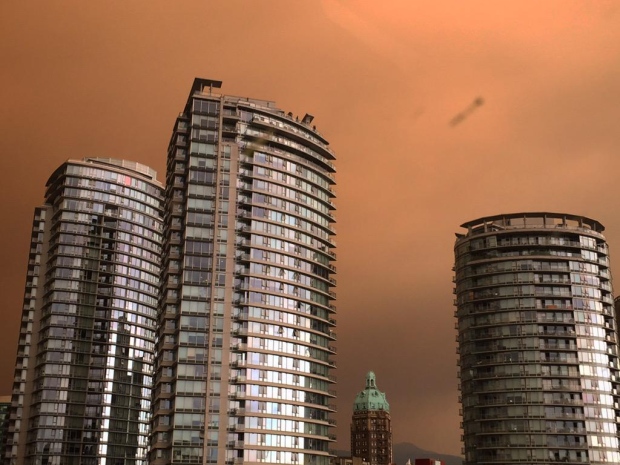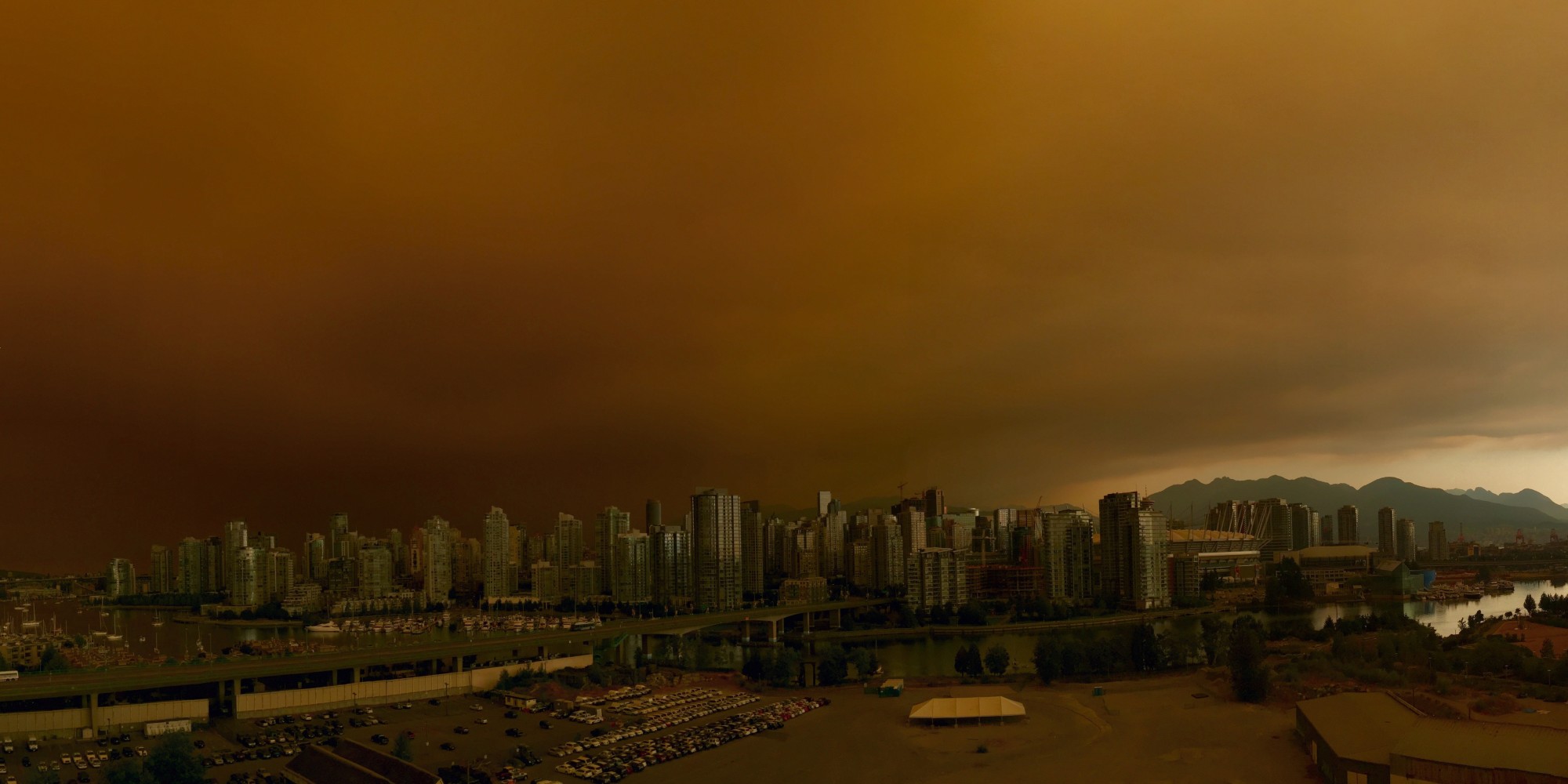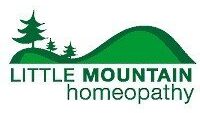
Here in BC this year in 2015, it has been an extremely dry, hot spring and early summer.
As of July 6, 2015, there are currently 178 wildfires burning in the province of BC; leaving much of the province of BC, including Vancouver, blanketed in smoke. Consequently, the air quality index in Vancouver is at “very high risk.” And rain is not in the forecast anytime soon. Because of the lack of rain and record high temperatures, Vancouver’s residents also need to follow “stage 2” watering restrictions due to drought.
Herbs, Vitamins and Supplements for Smoke Inhalation Injury

There was a study done on sheep showing that smoke inhalation can deplete Vitamin E. Another study on sheep showed that L-Arginine had a protective effect on the lungs after smoke inhalation. Research also shows that Vitamin C has a protective effect on the lungs. Thus, supplementation with L-Arginine, Vitamin E as well as Vitamin C is recommended.
There is a very good, detailed article about using herbs for smoke inhalation by Kiva Rose. She lists a variety of herbs for smoke inhalation: Elm, Mallows, Aster, Lobelia, Mulberry, Elecampane, Ragweed, Osha, Plantain, etc.
Homeopath Miranda Castro’s General Recommendations for Smoke Inhalation
~ Limit your outdoor activities to those that are truly urgent.
~ Remain in your home and keep the doors and windows closed.
~ Run the air conditioner with re-circulated air from time to time, even if you don’t need to. Close the fresh air intake and make sure the filter is clean and changed more frequently than usual.
~ If you have to drive, keep your car windows closed, and run the air conditioning with the vent to the outside closed.
~ Irrigate your sinuses frequently with saline solution using a bulb syringe or neti pot (found at drug or natural food stores). Nasal irrigation involves flooding the nasal cavity with a warm saline solution in order to clear out excess mucus and particulates (i.e., dust, smoke, or pollen particles), and moisturize the nasal cavity. Clinical trials have found it both safe and beneficial.
Click here to learn more about how to use a neti pot

~ Use an eyewash to rinse irritated eyes. You may be able to find an herbal eyewash at your local whole food store or you can make your own. Calendula (marigold), Hydrastis (goldenseal), Chamomile, and Euphrasia (eyebright) are all wonderfully soothing herbs for irritated eyes. Make an infusion by adding a handful of one or more of these herbs, fresh or dried, to a pint of freshly boiled distilled water. Cover and let it steep until cool, then strain it carefully until the infusion is quite clear.
~ If you do spend time outdoors and are affected, change your clothes as soon as you get inside and take a quick shower or wash exposed parts (especially head, hair, face, and hands) with running water.
~ Do not add indoor smoke: don’t burn any candles or fires. Vacuuming stirs up particles inside your home so consider holding off on vacuuming until the fires are over. Remove all air fresheners (for good).
~ Do not rely on dust masks for protection. Commonly found at hardware stores, these masks are designed to trap large particles, such as sawdust and will not protect your lungs from smoke. A wet dishcloth or tea towel over your nose and mouth is more beneficial.
~ If you don’t have an air conditioner or are particularly sensitive to smoke, consider spending time in public areas such as a shopping mall, movie theater, or library.
~ Keep your cats indoors.
~ Hose down dogs with a hand-held shower after a walk, or brush them down with a damp cloth.
~ Make sure you get some exercise if you are stuck indoors … run up and down the stairs or do 50-100 circuits of your house (to your favorite radio program or music)–or go to the mall for a walk once a day.
Homeopathic Remedies for Smoke Inhalation: Miranda Castro’s Recommendations

Arsenicum: For smoke exposure with anxiety.
~ Eyes burn and stream.
~ Nose burns and streams.
~ Cough is dry and worse at night.
~ Tremendous anxiety especially about what is going to happen–and restlessness.
Euphrasia: For simple smoke exposure with irritation to eyes and possibly nose and no other symptoms.
~ Eyes stream and burn–lids are red, swollen, and sensitive.
~ Nose streams but doesn’t burn.
~ There may be a little daytime cough. The eyes stream on coughing.
Kali bichromicum: For more serious smoke exposure with irritated sinuses and/or lungs.
~ Nose is blocked–nasal discharge is dry or comes out in sticky or stringy “plugs.”
~ Sinuses are sore, raw, irritated, and painful.
~ Cough is painful, and chest is sore.
~ Mucus coughed up with difficulty and is scanty, sticky, or stringy.
Natrum arsenicosum: Great sensitivity to smoke. Useful when the indicated remedies haven’t helped much or at all.
~ Eyes dry and painful. They stream and smart on going out into the smoky air.
~ Sinuses feel blocked and are painful.
~ Racking cough. Lungs feel full of smoke.
~ Headache from the smoke.
Silica: To help the body eject inhaled particles.
~ Nose dry and blocked–no sense of smell or taste.
~ Sinuses stuffed up and painful.
~ Dry, irritating cough from inhaled particles. With lumpy, yellow mucus.
~ There’s a strange feeling of something (a hair or dust) stuck at the back of the tongue.
Taking homeopathic remedies
Take 6c, 12c, or 30c (whatever potency you have on hand is always the best potency), three times a day, stopping on improvement and repeating as needed (i.e., if your symptoms return). If you’ve taken a remedy for two days and had no response, select a different remedy or call your homeopath.
Important
If you are under constitutional homeopathic treatment, then please check with your homeopath before taking one of these remedies to make sure it is the right remedy for you and that it has a good relationship with your constitutional remedy (i.e., it won’t inadvertently “counteract” your remedy/stop it from working).
Book an acute appointment for homeopathic treatment of smoke inhalation
References
Effects of vitamin C on airway responsiveness to inhaled histamine in heavy smokers
Fires raging across B.C. as concern for the summer deepens
L-arginine attenuates acute lung injury after smoke inhalation and burn injury in sheep
More about Wildfire Smoke Inhalation
Wildfire Smoke Inhalation: Prevention & Herbal Therapeutics
